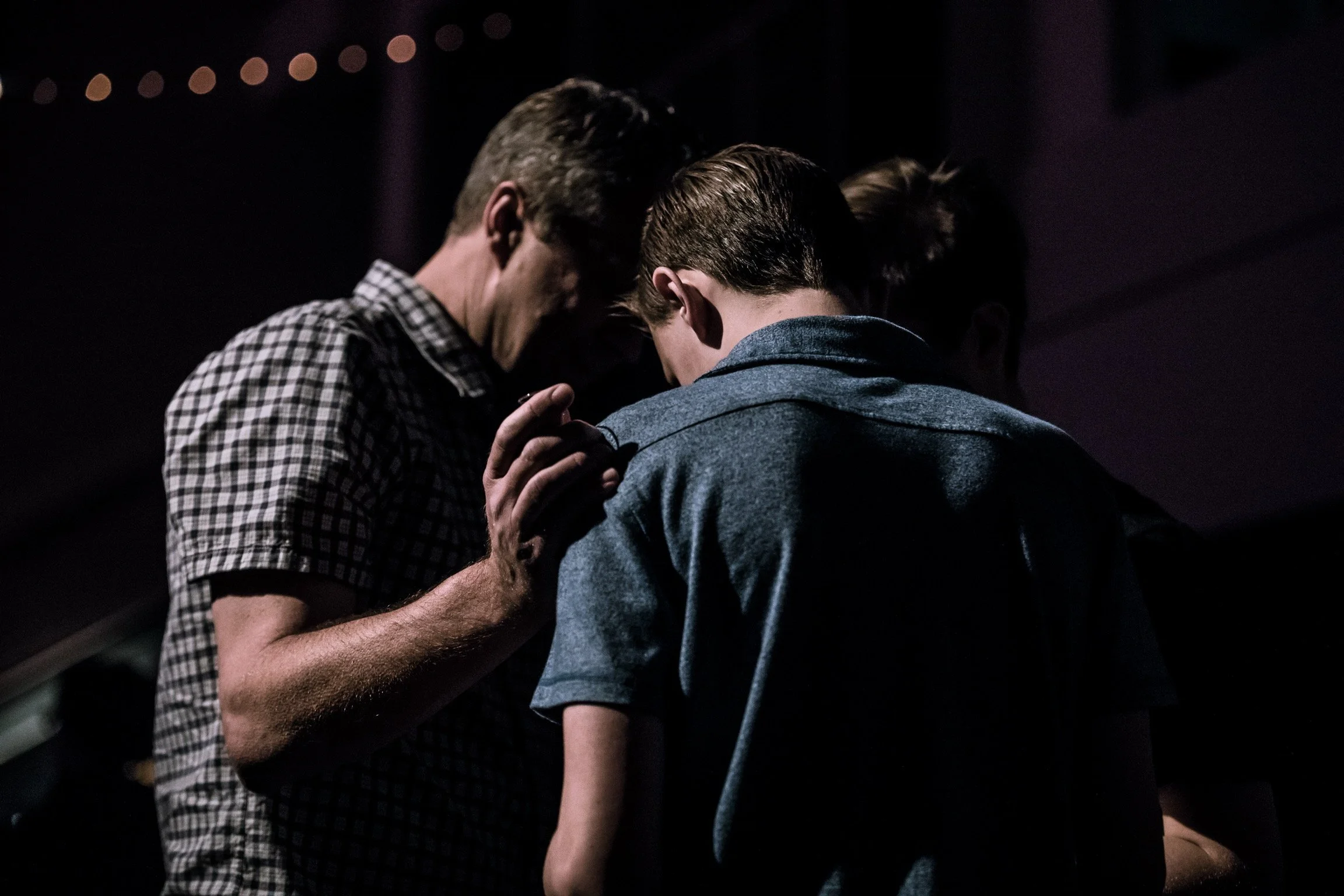Billingual Board Certified Chaplains (English-Spanish)
CPE class
Start tuesday September 09, 2025
What is Spiritual Support?
Spiritual support is typically the work of the chaplains, who work with local religious and spiritual leaders to help provide spiritual support for patients near the end of their lives. The goal is to help the person feel peace and comfort.
There are as many kinds of spiritual support as there are kinds of spirituality. People have different ideas about the afterlife, death, miracles, or other topics. It’s important to find the right spiritual support strategy that matches each person’s ideas about life.
What are the benefits of being accompanied by a certified chaplain?
Difficult illness or the end of life brings up many hard questions. Spiritual support may help in many ways, including:
Finding peace
Finding comfort
Freedom from regret
Less fear about death
More hopeful outlook
Improved quality of life during illness
Emotional, emotional, affective support in times of crisis
It is important to manage emotions and stress during traumatic events in the family and in organizations.
With the accompaniment and guidance of a chaplain you will be able to process the impact of the news after a difficult crisis situation.
The Chaplain Will focus on helping people and organizations to rediscover peace, love and forgiveness for what happened.
Spiritual and religious well-being can help improve the quality of life.
Home studies show that spiritual or religious beliefs and practices create a positive mental attitude that can help the patient feel better and improve the well-being of family caregivers.
Spiritual and religious wellness helps improve health and quality of life in the following ways:
• Reduce anxiety, depression, anger and discomfort.
• Reduce the feeling of being alone and the risk of suicide.
• Reduce alcohol and drug abuse.
• Lower blood pressure and risk of heart disease.
• Help the patient adjust to the effects of his treatment.
• Increase the ability to enjoy life during treatment.
* Increase positive attitude, include:
Hope and optimism.
Freedom of regret.
Satisfaction with life.
A feeling of inner peace.
Spirituality and religion may have different meanings.
The terms spirituality and religion are often used in place of each other, but for many people they have different meanings. Religion may be defined as a specific set of beliefs and practices, usually within an organized group.
Spirituality may be defined as an individual's sense of peace, purpose, and connection to others, and beliefs about the meaning of life. Spirituality may be found and expressed through an organized religion or in other ways. Patients may think of themselves as spiritual or religious or both.
Serious illnesses may cause patients or family caregivers to have doubts about their beliefs or religious values and cause much spiritual distress. Some studies show that patients with cancer may feel that they are being punished by God or may have a loss of faith after being diagnosed. Other patients may have mild feelings of spiritual distress when coping with cancer.
This summary is about spirituality and religion in adults with cancer.
How is the chaplain's visit conducted or administered?
The hospice or hospital chaplain may ask questions to find out the best way to help with a person's spiritual pain. They may ask about:
• .Religion
• Beliefs about life
• Practices or rituals
• Prayer or meditation
• Loss of faith
• Spiritual conflicts
• Worries about death or the afterlife.
Spiritual concerns must be taken into account when planning the treatment of the disease. A spiritual support plan might include:
• Ways to honor your beliefs during treatment
• Forms of spiritual support
• Meeting with a spiritual leader
• Help finding a support group with others who have similar beliefs.
• Planning other types of therapy, such as meditation or spiritual retreats.
At Praxis Spiritual Care, we are committed to providing compassionate human and spiritual support to patients and their families
Learn about our service
Spiritual support is an essential part of caring for both the patient and their family.
Certified bilingual chaplains assist patients in navigating the difficult spiritual questions that arise at the end of life, helping them find peace and understanding.
They also guide the process of reconciliation, fostering love, peace, and connection between patients and their families.
Our bilingual chaplains uphold spirituality with hope, love, and faith, offering comfort during life’s most challenging moments.
One of the most significant events in a person's life is the transition toward death, whether due to illness or a tragic circumstance.
For this transition to be marked by love, peace, and forgiveness, our chaplains play an essential role in supporting both the patient and their loved ones during these crucial moments of crisis.



